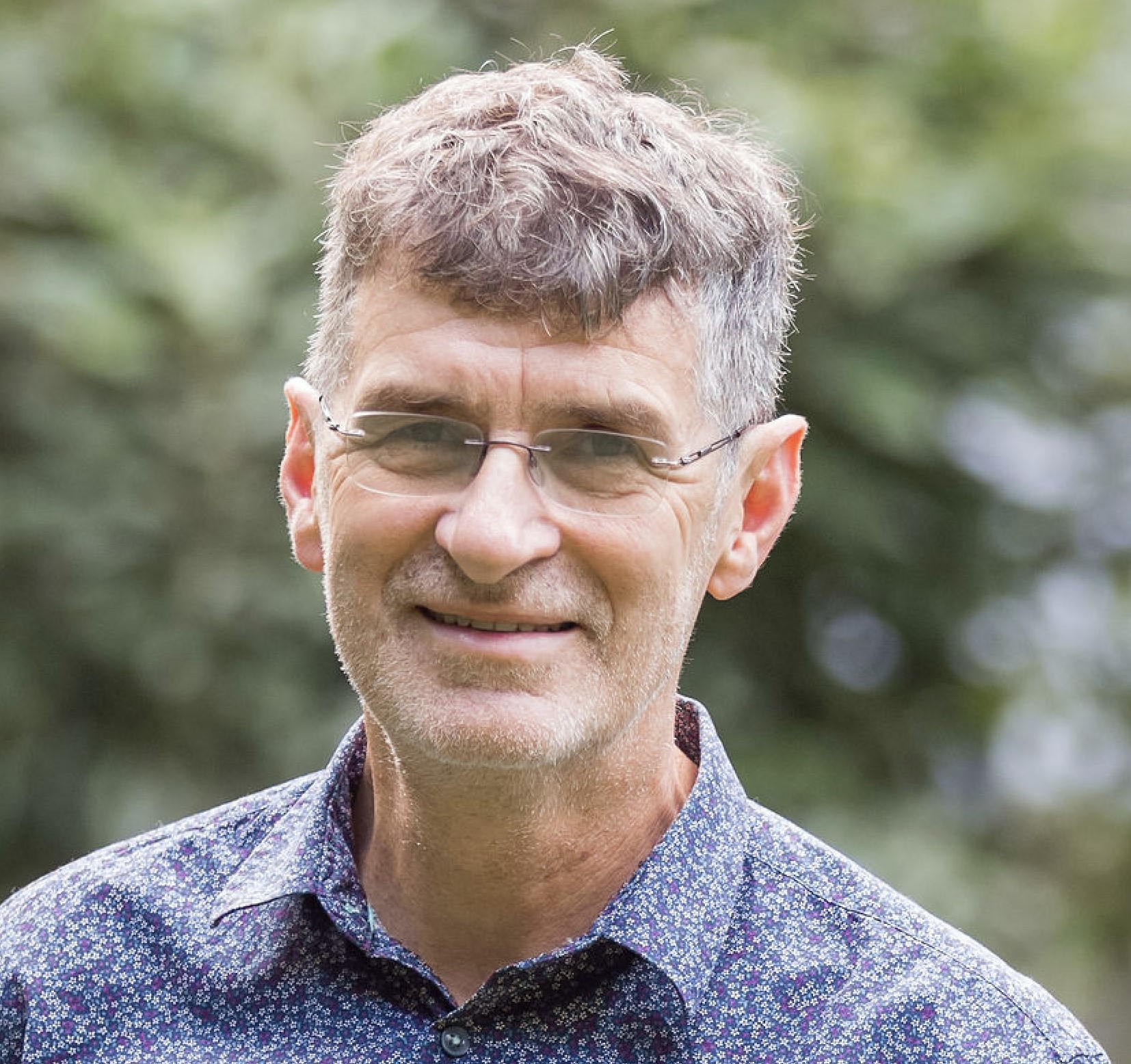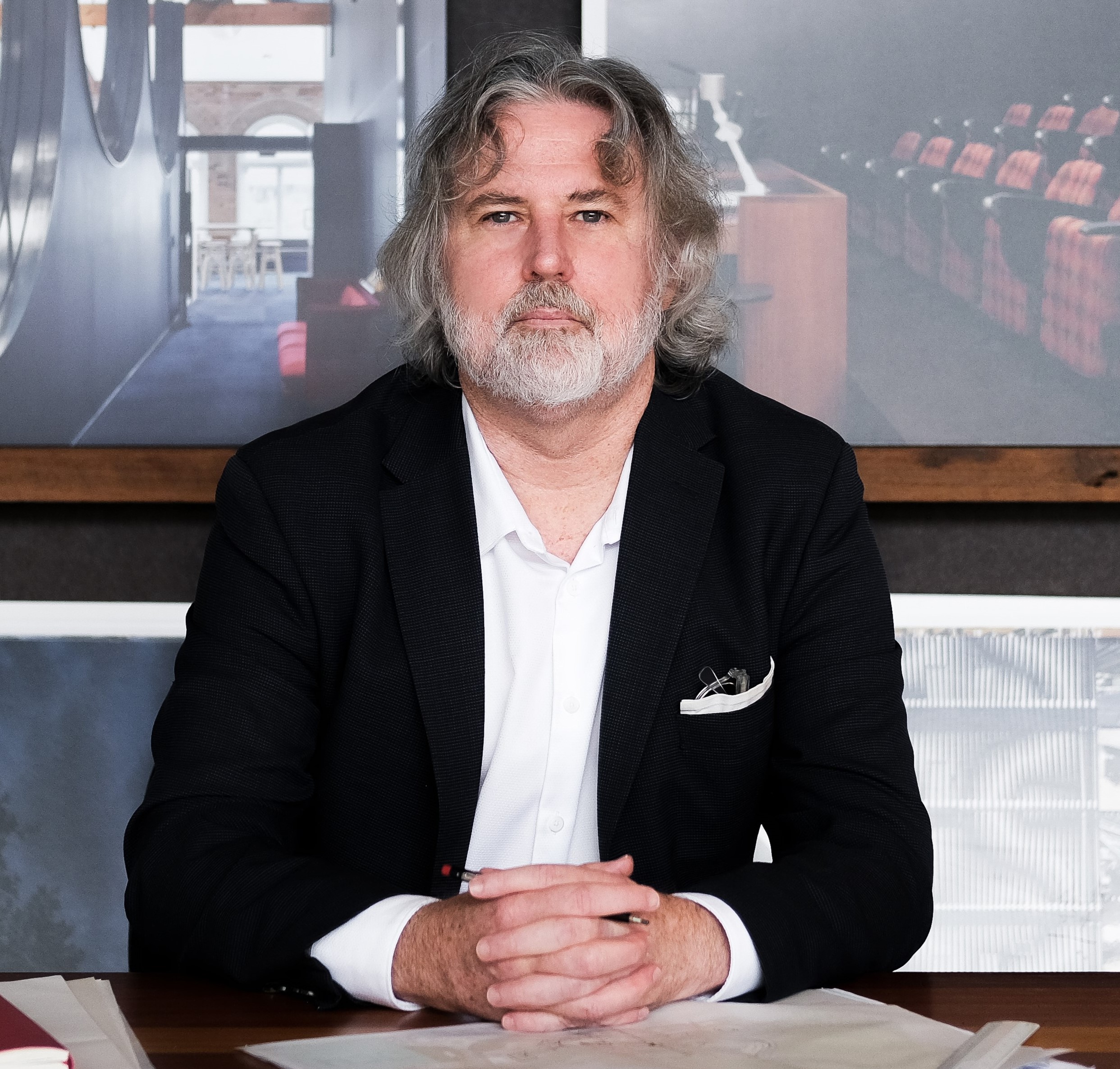In this session, Michael Lavery discusses the development of the Project Brief for the new AIA Queensland Headquarter project with the primary author of that document, Mark Jones. The conversation addresses (a) the role of the project brief, (b) optimal inclusion in the project brief, (c) realistic goal setting (time, cost, quality and scope), and (d) clarity of communication.

SPEAKER - MARK JONES, PhD, LFRAIA
ASSOCIATE PROFESSOR, SCHOOL OF ARCHITECTURE, DESIGN AND PLANNING, UNIVERSITY OF QUEENSLAND
Mark is a highly regarded Queensland architect with deep experience in practice and is now an Associate Professor in the School of Architecture, Design and Planning at the University of Queensland. Mark has served as the Queensland Chapter President of the Australian Institute of Architects and is a Life Fellow of that Institute.
Mark enjoyed a successful career in architectural practice of over 30 years including, 8 years as a Director of Architectus, a leading national practice. Several of his buildings were awarded prestigious AIA awards. In 2015, he left practice to undertake a Master's in Sustainable Urban Development at the University of Oxford, completing that degree in 2017. Mark then completed a PhD in Development Planning at the Bartlett School, UCL in 2020. Mark's current role at UQ involves teaching in Design, Practice and Construction.

SPEAKER - MICHAEL LAVERY, PhD, FRAIA
DIRECTOR, M3ARCHITECTURE
Michael has served as the Queensland Chapter President of the Australian Institute of Architects (2020 - 2022), as State Awards Jury Chair (2026) and is currently chair of the QLD Chapter Honours Committee. Michael's professional focus is on all aspects of work that effect the public realm, including urban design, master planning, public and cultural projects, educational architecture, and independent design research. Michael has 30+ years in architectural practice, 24 of those years as a director of m3architecture. As a firm, m3architecture's work has been widely published and awarded, and the firm's work has been exhibited at the Venice Biennale on multiple occasions. Michael's role within the firm contributed directly to multiple AIA National and State Architecture Awards across categories, including Heritage Architecture, Public Architecture, Urban Design, Small Project Architecture, Interior Architecture and Art and Architecture (QLD). Michael has served as the Queensland Chapter President of the Australian Institute of Architects (2020-2022) and he is a member of the QLD Chapter Honours Committee.